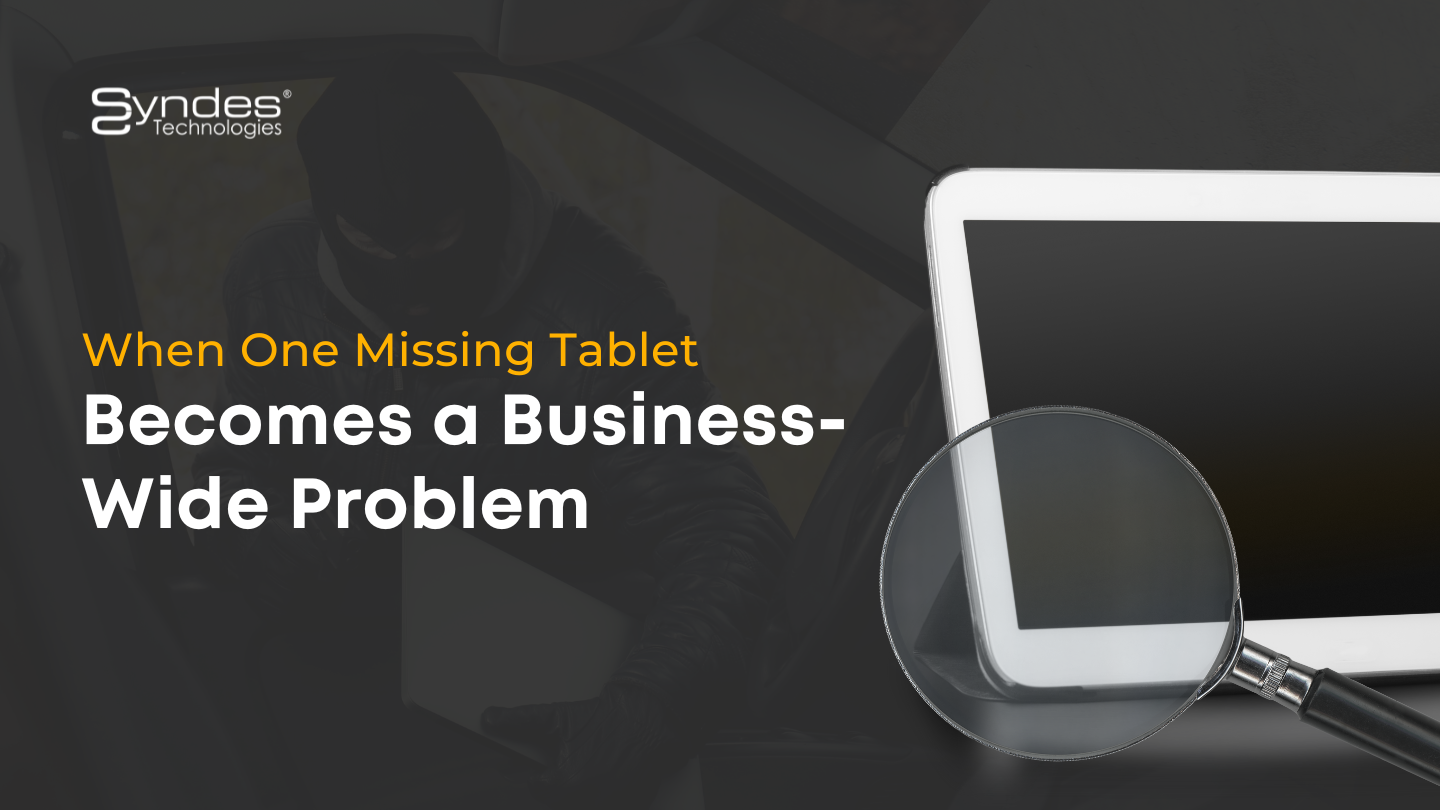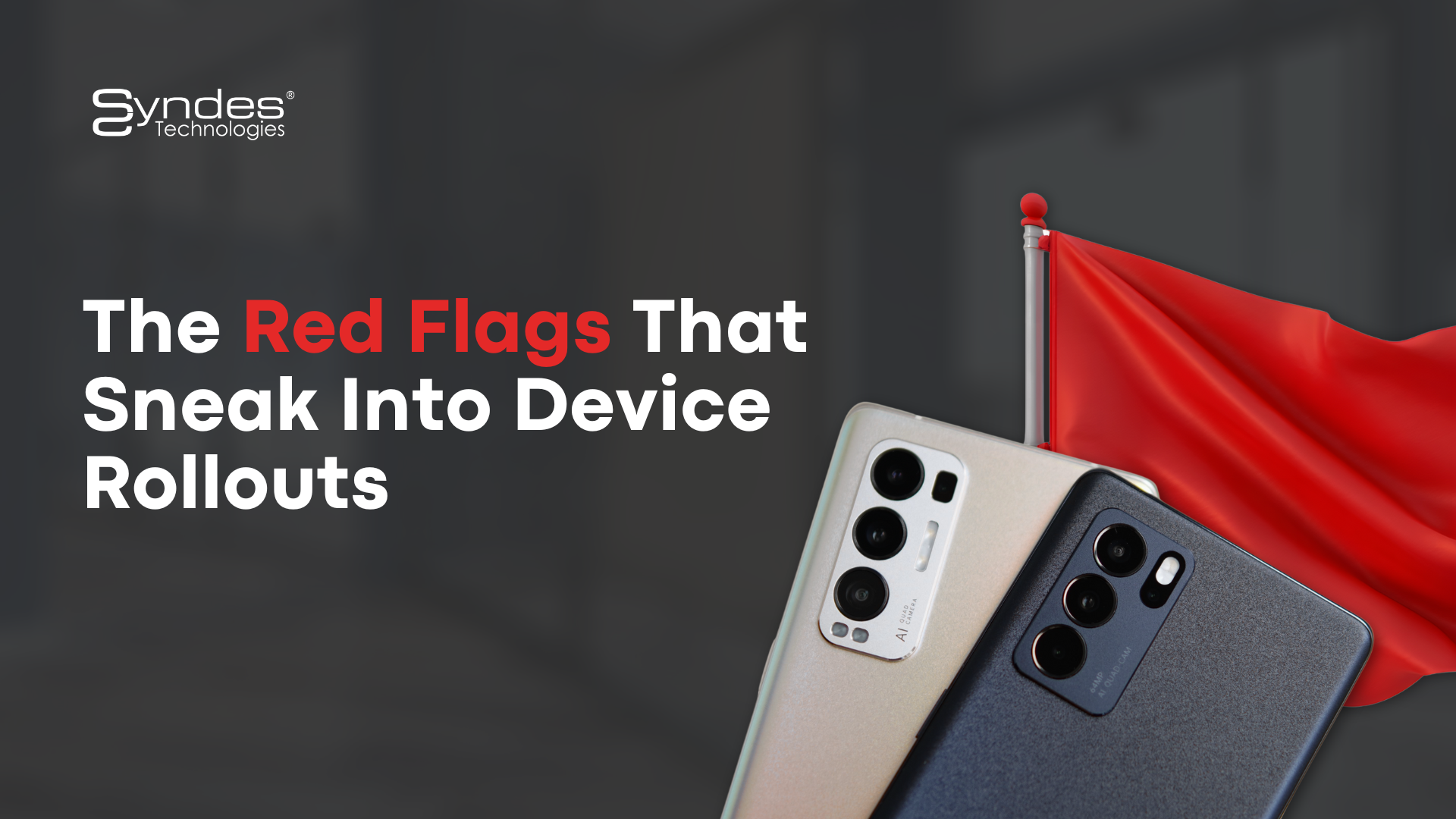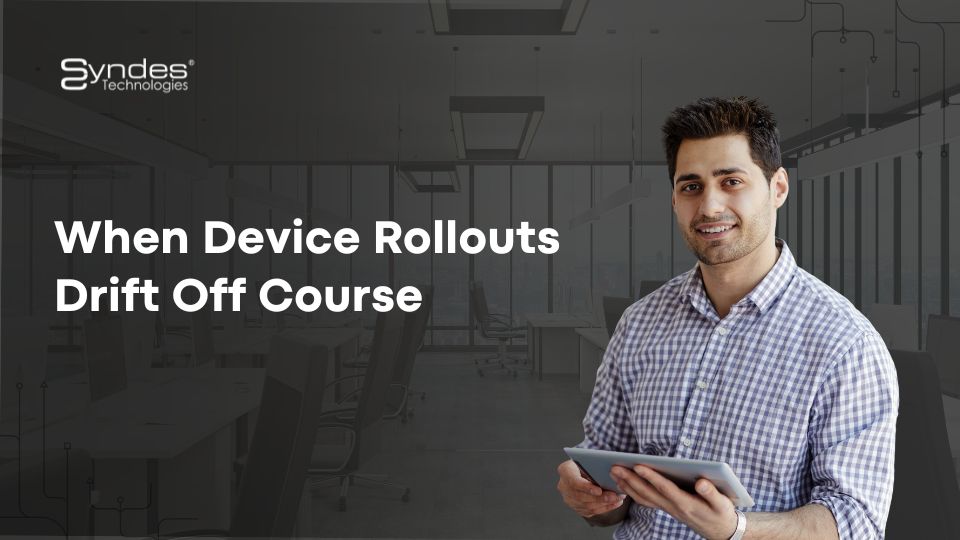How is Virtual Reality (VR) used in business?
“More than 150 businesses in multiple industries are evaluating or implementing AR / VR technologies, including 52 of the Fortune 500” – The Experience of Deloitte
VR has gone beyond gaming and entertainment and has reached the mainstream. Big companies are now testing and applying this technology for multiple purposes. Companies see a lot of potential in VR, such as improving job practices, providing world-class customer experience, training staff and more.
VR enables consumers to interpret and connect with a simulated environment. It blocks our physical world and transports us to either a concrete or an imaginative location. Oculus Rift, Samsung Gear VR are some of VR devices that are being widely used for various enterprise purposes.
In fact, VR helps us to do things very differently, travelling at the blink of an eye or preventing real or actual damage by merely pressing a button. That’s precisely why businesses are exploring using VR in the business context. As per a report from Tractica, the spending on VR in businesses is expected to reach 9.2 Billion by 2021.
Use cases of Virtual Reality in enterprises
VR in Retail
VR is transforming the shopping experience completely by providing consumer with immersive and engaging interactions. Currently, retailers will place the customers in a new environment or situation that provides a wonderful experience. VR will soon be adopted for changing other aspects of retail as well, such as store design, analyzing real-time store performance, shelf assortment and layout and more.
“The market for AR and VR in retail will reach USD 1.6 billion by 2025.” – Goldman Sachs Forecasts

VR in Immersive Learning and Training
VR is commonly used for training purpose in all industries included universities, hospitals, airlines and retail. This lets them save a lot of training costs and reduce risks. Moreover, it helps learners retain more than what they do while using traditional training methods. VR is being used in a California Public School to send students on virtual field trip,1 and train pilots in virtual cockpits in Japan.

VR in Medical
VR is very important for health professionals and medical students. It can help ensure that high-risk treatments and operations are conducted more accurately. VR apps such as Medical Realities help professionals get a 360-degree view of operations from around the globe.
In some hospitals, unique VR goggles are being used to reduce patient stress and pain. With the goggles, patients can see the world beyond the four walls of hospitals, they can participate in an art studio, swim with whales and dolphins in the ocean, etc. Besides, it can use Mind Motion Pro, is a VR app that can use for patients who have survived strokes or brain injuries to help them exercise and controlling their hands and/or fingers.

Virtual Reality in Travel and Hospitality
Travel and Hospitality companies utilize VR to view destinations before making reservations. This is especially helpful for small and lesser-known places or destinations. Even before booking, people can experience what’s in store through visual and auditory stimulation (such as sea winds, aromas, ocean breezes and seagull sound).
Despite new advances in VR technologies, we will see more industry-wide adoptions of VR soon. Industries like hospitality, healthcare, and education use VR to improve work experience, offer engaging instruction, deliver better customer engagement and perception, and rising costs and risks.
With the increasing adoption of VR devices in enterprises, the management of such devices will only become more complex and difficult. Businesses will feel the need to adopt UEM solutions to monitor and secure their devices.

The source is here.
Written by: JEN YONG
Enterprise Mobility Strategist & Mobile Security Specialist
Related posts
Sorry, the comment form is closed at this time.






